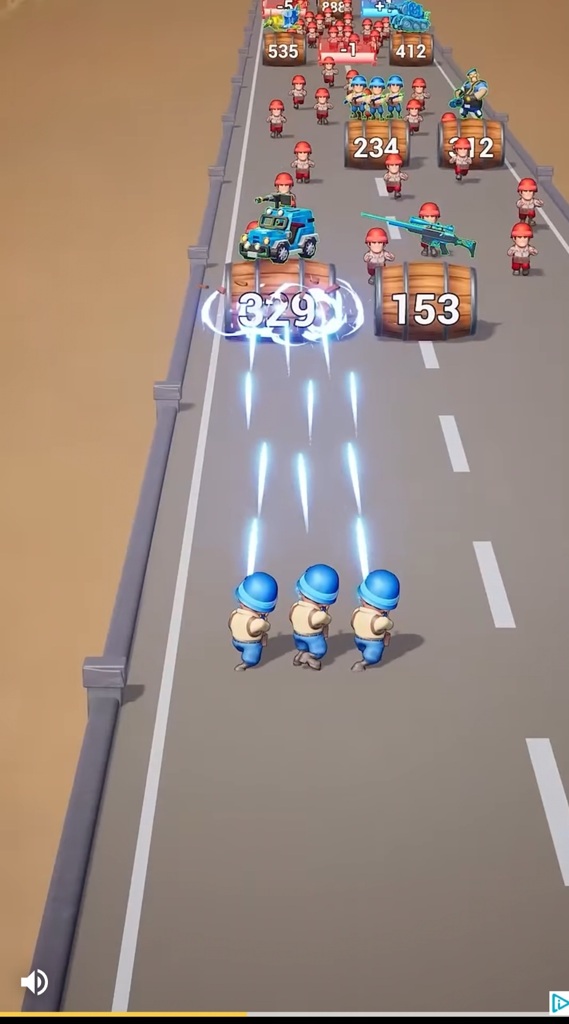this post was submitted on 04 Feb 2024
543 points (97.5% liked)
Asklemmy
48228 readers
285 users here now
A loosely moderated place to ask open-ended questions
If your post meets the following criteria, it's welcome here!
- Open-ended question
- Not offensive: at this point, we do not have the bandwidth to moderate overtly political discussions. Assume best intent and be excellent to each other.
- Not regarding using or support for Lemmy: context, see the list of support communities and tools for finding communities below
- Not ad nauseam inducing: please make sure it is a question that would be new to most members
- An actual topic of discussion
Looking for support?
Looking for a community?
- Lemmyverse: community search
- sub.rehab: maps old subreddits to fediverse options, marks official as such
- [email protected]: a community for finding communities
~Icon~ ~by~ ~@Double_[email protected]~
founded 6 years ago
MODERATORS
you are viewing a single comment's thread
view the rest of the comments
view the rest of the comments

I don't remember having seen any actually successful lawsuits about this. There have been a few about the fake sale price thing etc, but I haven't seen anything about these ads for games that don't exist. Happy to admit I'm wrong if anyone has any proof, but as far as I'm aware, that's never happened.
These games do end up adding mini games of the advertised game, but that's not because they're trying to cover their ass. It's because the ads are for games they're considering making, and if the ads do well, they know people will click to the store page. The next step is to build it as a mini game inside another game to get more data on engagement with the actual gameplay mechanics to see if people would actually play and keep playing the game. It's much cheaper and more efficient to do that as a smaller part inside an existing game instead of building a whole new stand alone game. If they mini game does well, they may move it standalone, but if not, it may just stay as a part of the larger one depending on how much it costs to maintain there.